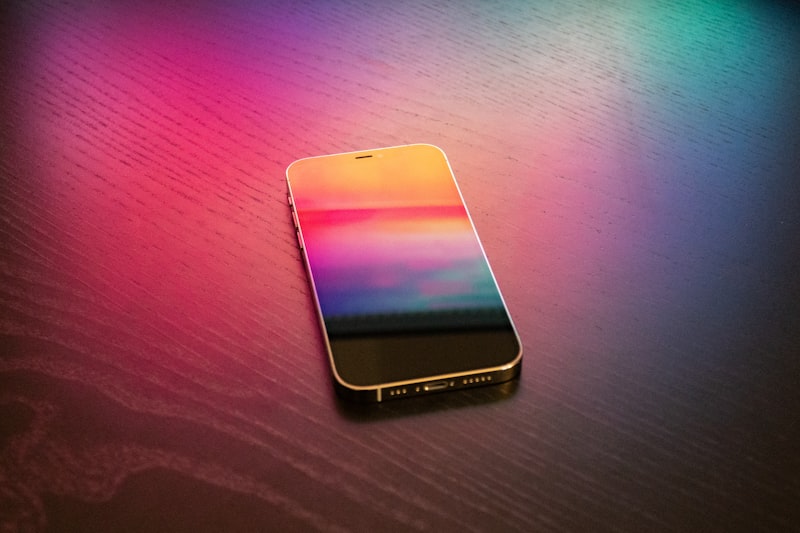Reclaiming Time: The Art of Disconnecting from Your Phone and Its Hidden Perils
In our digitally dominated world, smartphones have become extensions of ourselves. Yet, the constant connection can lead to an unhealthy attachment, with potential consequences for our mental health, productivity, and personal relationships. It's time we learn to disconnect and reclaim our lives from our screens. 1. The Reality
In our digitally dominated world, smartphones have become extensions of ourselves. Yet, the constant connection can lead to an unhealthy attachment, with potential consequences for our mental health, productivity, and personal relationships. It's time we learn to disconnect and reclaim our lives from our screens.
1. The Reality of Screen Time
Our relationship with our phones has become a significant concern. With constant notifications, we're always connected, and it's challenging to disconnect. Studies show that excessive phone usage can lead to stress, anxiety, and even depression.
2. Begin with Awareness
Start by acknowledging your screen time. Many smartphones now have built-in features that allow you to track the time you spend on your device. By understanding just how much time you're devoting to your phone, you can start to implement changes.
3. Set Clear Goals and Time Limits
Set clear goals for daily phone usage. Prioritize essential tasks and minimize unnecessary phone usage. If you find yourself mindlessly scrolling through social media, set a timer and stick to it.
4. Embrace Phone-Free Mornings
Instead of reaching for your phone first thing in the morning, engage in productive activities like exercising or reading. This sets a positive tone for the day and reduces the urge to check your phone constantly.
5. Schedule Phone-Free Hours
Establish specific hours during the day when your phone is off-limits. This could be during meal times, before bed, or while you're working on important tasks.
6. Create a Phone-Free Zone
Designate certain areas in your home as phone-free zones6. This could be your bedroom, dining room, or any place where you want to focus on other activities or interactions.
7. Delete Social Media Apps
Consider deleting social media apps from your phone. We often spend more time on these apps than we realize, and removing them can significantly decrease screen time.
8. Try a Tech Detox
A tech detox, where you go a day or even a week without using your phone, can be an effective way to break the cycle of constant connectivity.
9. Use Screen Time Management Apps
There are several apps available that can help you manage your screen time by setting limits for specific apps.
10. Turn Off Unnecessary Notifications
Turning off unnecessary notifications can reduce the urge to check your phone constantly10. Only keep alerts for essential communications.
11. The Harms of Excessive Phone Usage
Excessive phone usage has been linked to sleep disturbances, decreased productivity, and negative impacts on mental health. It's crucial to remember that while our phones are useful tools, they should not control our lives.
12. Prioritize Real-Life Interactions
Prioritize face-to-face interactions over digital ones. Spending quality time with loved ones without the distraction of phones can strengthen relationships and improve overall wellbeing.
13. Seek Professional Help if Needed
If you're finding it difficult to manage your phone usage, don't hesitate to seek professional help. Therapists and counselors can provide strategies and support to help you regain control.
In conclusion, spending less time on your phone is about making conscious choices and setting boundaries. By doing so, we can reclaim our time, improve our mental health, and enhance our relationships.


